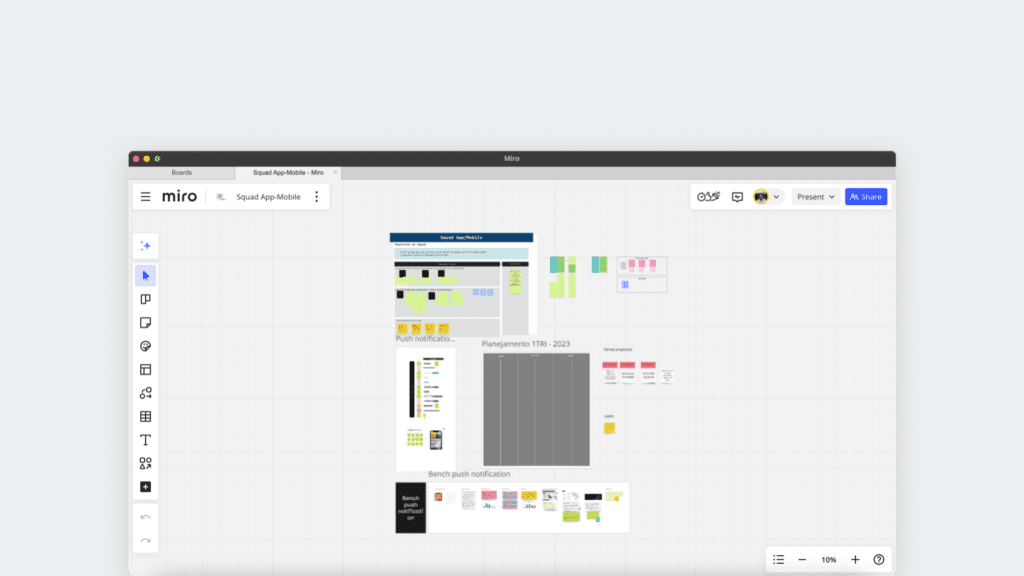Analysing whether a mobile app is necessary or pointless

Situation
Juntos Somos Mais is a marketplace that connects building materials industries with stores, facilitating the sell-in process. While mobile access to the platform was high, most purchases were happening on desktops. This raised a key business question: would developing a mobile app improve conversions, or would it be an unnecessary investment?
Task
I was tasked with leading a research study to evaluate whether building a mobile app would drive conversions for the B2B marketplace. My goals were
- Determine whether an app would meaningfully improve mobile conversions.
- Identify existing B2B mobile shopping behavior.
- Understand the most frequently used mobile shopping channels.
- Explore what motivates or discourages companies from purchasing on mobile devices.
Action
I used a mixed-methods research approach to answer the key questions:
- Research:
- Surveys to collect statistically significant data on user behavior and preferences.
- Interviews to uncover motivations and challenges related to mobile shopping.
- Desk research to analyze why other marketplaces build apps and their relevance here.
- Data analysis of existing mobile vs. desktop usage patterns.
- Ideation:
- Defined primary objective: evaluate whether an app could improve conversions.
- Secondary objectives: identify behaviors, channels, and motivations/deterrents.
- Hypotheses included: mobile is mainly for browsing, mobile is convenient for research, and an app could increase loyalty.
- Design process:
- Led a Senior Product Designer in defining the research scope.
- Synthesized findings and shaped business-aligned recommendations.

Result
The research uncovered critical insights:
- Confirmed that B2B mobile shopping behavior exists, especially for browsing prices and details.
- Identified channel preferences for mobile and desktop purchases.
- Found that while users saw value in an app, it wasn’t the only or best solution.
- Concluded that investing immediately in app development would not guarantee ROI.
The biggest win: the study saved significant resources by preventing unnecessary app development.
Reflection and learnings
- Mobile is a valuable channel, but app development should be ROI-driven.
- A PWA is a cost-effective way to test hypotheses before full app investment.
- Combining research methods provides robust results, even if some methods deliver limited insights.
Future opportunities
- Iterative roll-outs with small experiments to validate new features.
- Leverage WhatsApp as a potential mobile shopping channel.
- Enhance analytics with cross-device tracking.
- Continue benchmarking competitors to refine mobile strategy.
- Establish ROI metrics framework for future app development decisions.